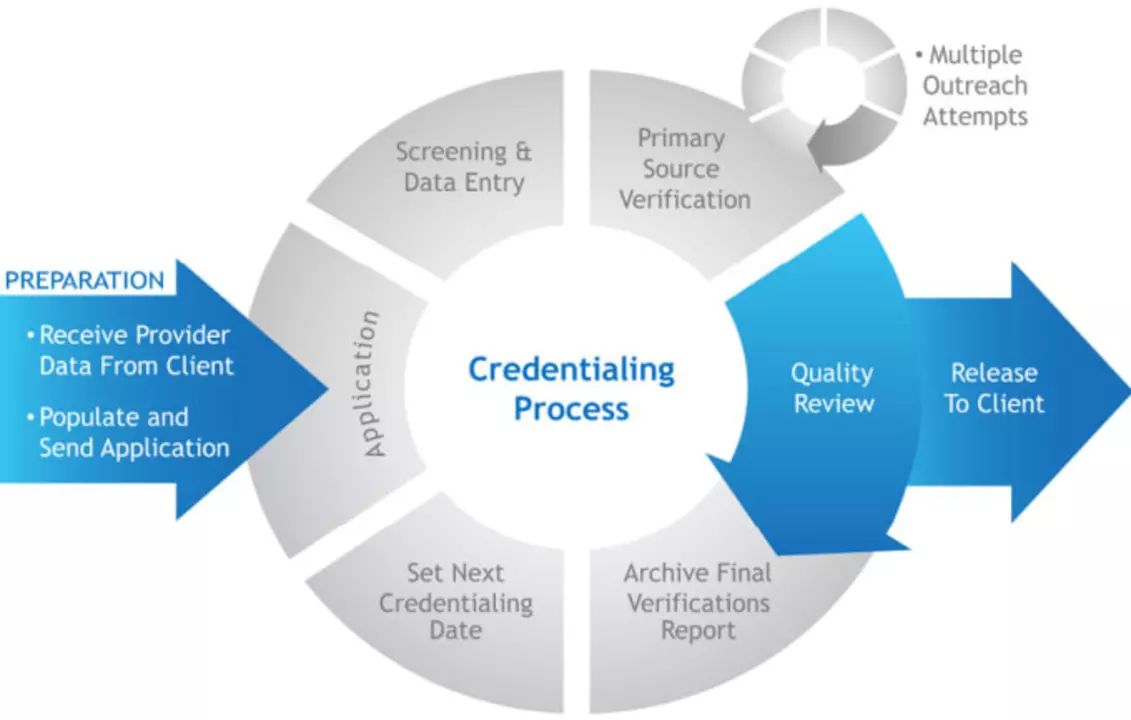Importance of skills, training and the right job sources
Here’s a blunt fact: the job you get often depends more on the skills you show than the résumé you send. Employers scan for proof—speed on Excel, clear phone voice, or real hands-on experience. If you can demonstrate the work, you win interviews faster than someone who only lists degrees.
That doesn’t mean degrees are useless. It means you should treat them as one tool among many. For example, a certificate plus solid on-the-job training beats a lone classroom course when employers want someone who can start immediately.
Why practical skills matter more right now
Companies want people who solve problems from day one. For data entry roles, accuracy and speed are non-negotiable. For call centres, tone, patience, and product knowledge matter. Showing real metrics—typing speed, error rate, customer satisfaction—beats vague claims. Think of your skills as proof you’ll reduce a manager’s headaches.
Also, some jobs value local knowledge. In India, government jobs remain popular because they promise stability and clear promotion paths. If that’s your goal, focus on exam practice, notified requirements, and time management. If you prefer private roles, practice tasks employers actually ask for: managing spreadsheets, handling calls, or using specific job portals like Naukri or Naukrigulf.
Where to look and how to judge job sources
Not all job sites are equal. Use big, active portals for volume and niche sites for specific regions—Gulf jobs often show up on Naukrigulf, while freshers’ roles appear on FreshersLive. Check employer reviews, verify listings, and never pay to apply. For online data entry, beware of any job that asks for money up front—legit companies don’t do that.
Training matters, too. On-the-job learning teaches practical shortcuts and company processes. Classroom learning explains theory and builds a base you can adapt. If you can, combine both: learn the theory, then get short internships or part-time roles that let you practice daily.
Want fast wins? Pick one measurable skill and get good at it. For data entry, aim for a consistent typing speed and near-zero errors. For customer support, record mock calls and listen back. For job hunting, polish your profile on one portal and set job alerts for relevant roles—quality over scattergun applications.
Finally, consider market changes. Taxes or policy shifts—like potential GST talks for car prices—affect jobs in sales and retail. Stay aware of industry news so you can position your skills where demand is rising, not falling.
Skills, training, and reliable job sources form a simple triangle: sharpen one, and the others become easier. Focus on measurable improvements, test your skills in real settings, and choose job sites that match your target market. That’s how you make your next move count.
Why is data entry important?
As a blogger, I've come to realize the importance of data entry in our daily lives. Firstly, data entry ensures that all the vital information is accurately recorded and easily accessible. Secondly, it helps businesses make informed decisions based on data analysis. Thirdly, it saves time and resources by automating repetitive tasks, boosting efficiency. Lastly, accurate data entry is essential for maintaining the integrity and reliability of any information system.





